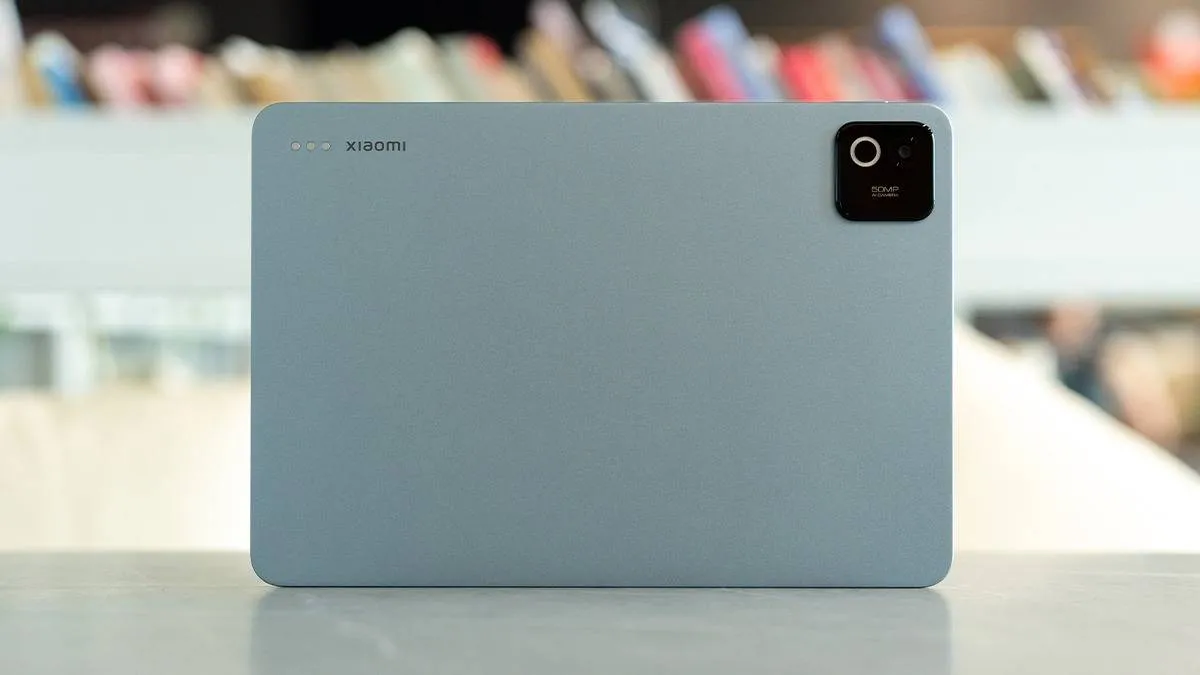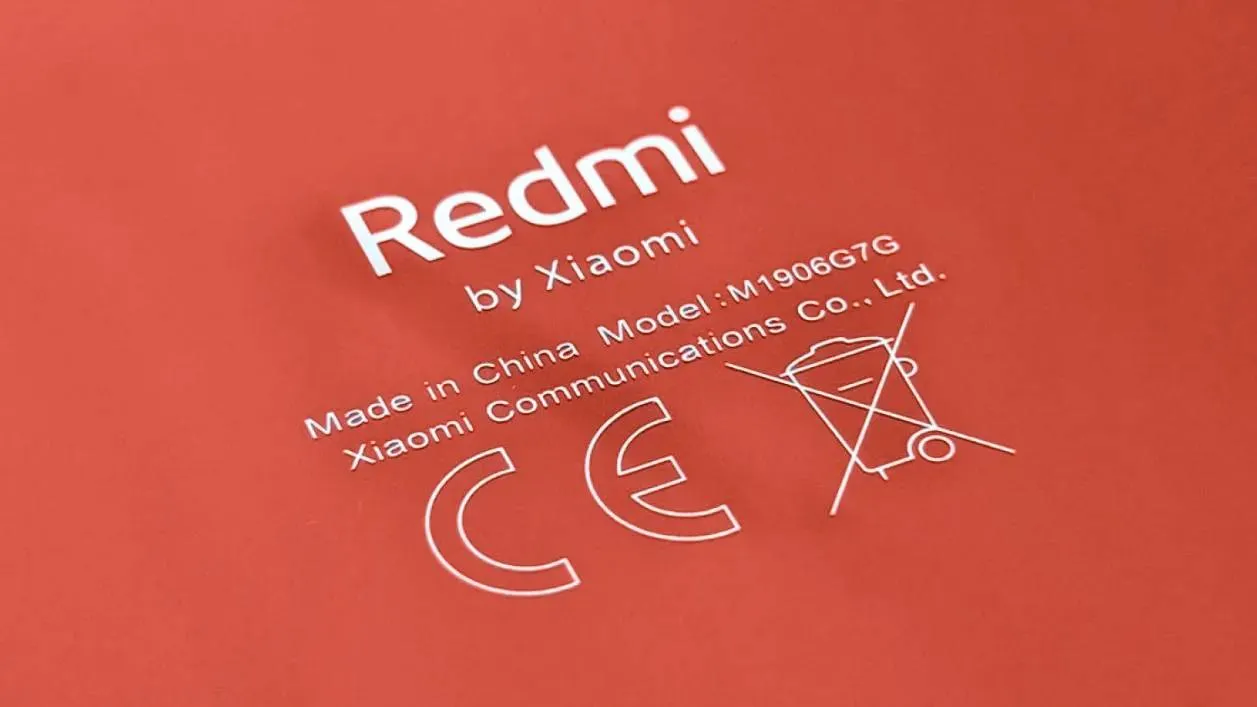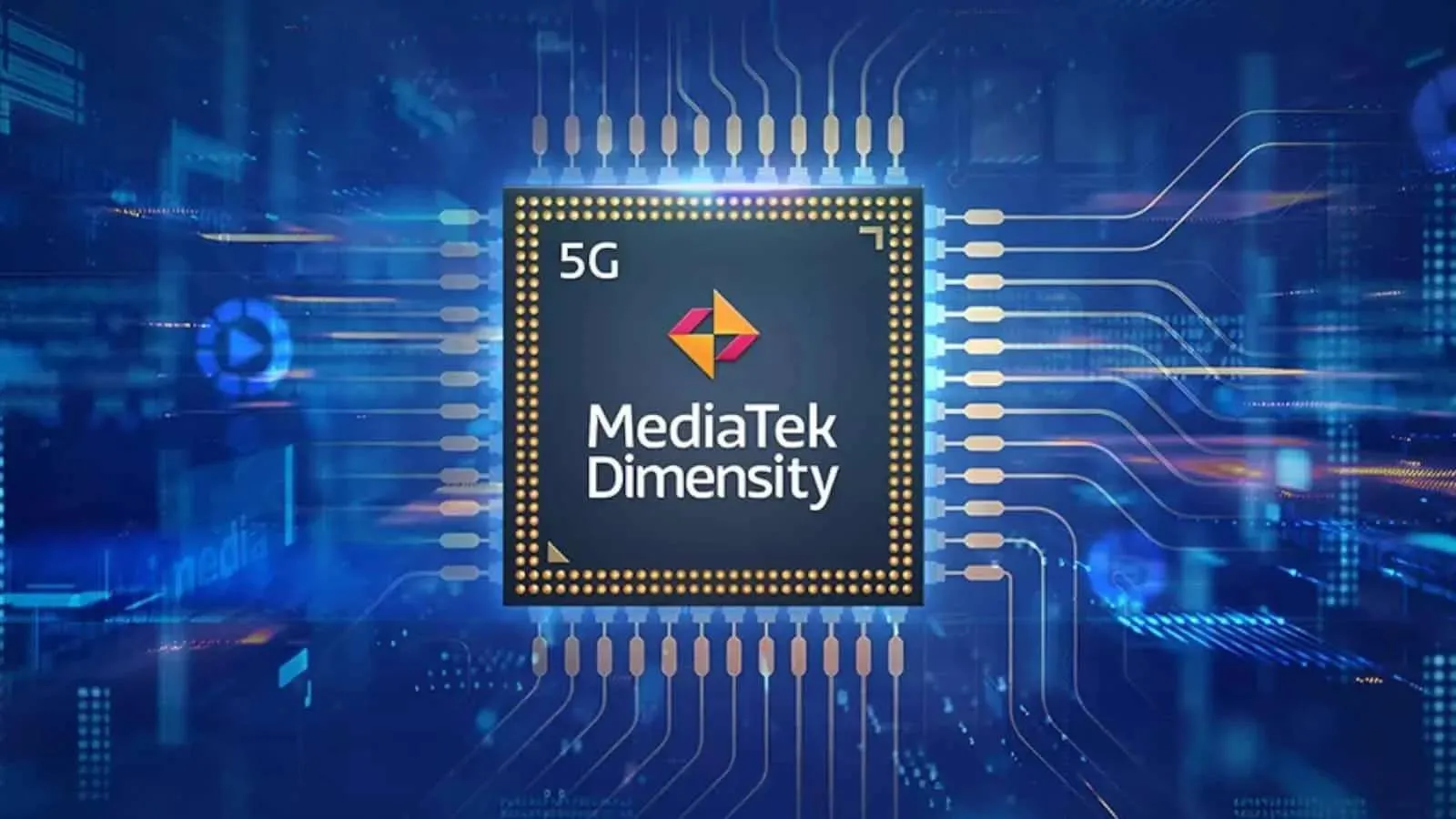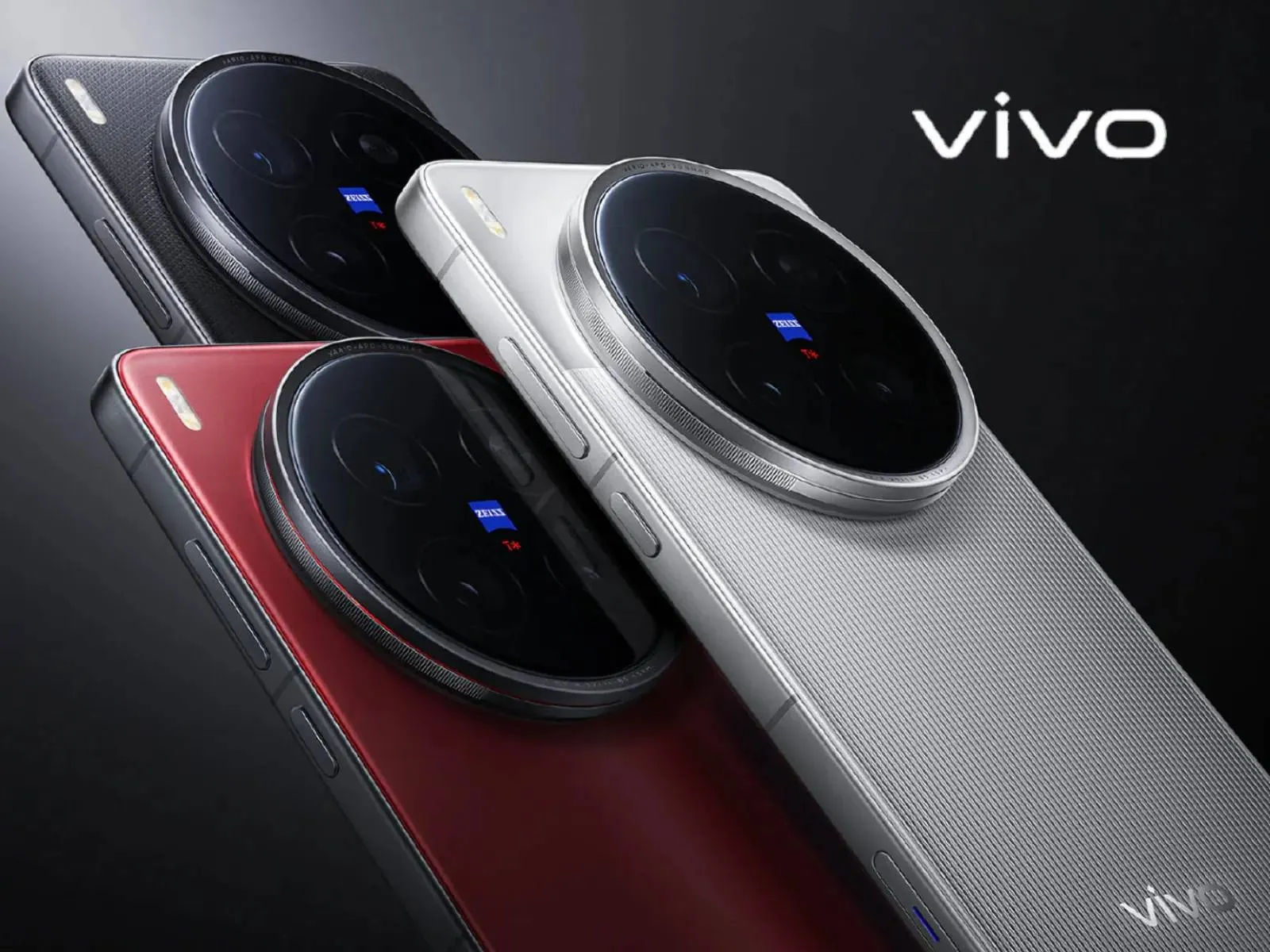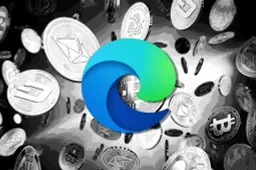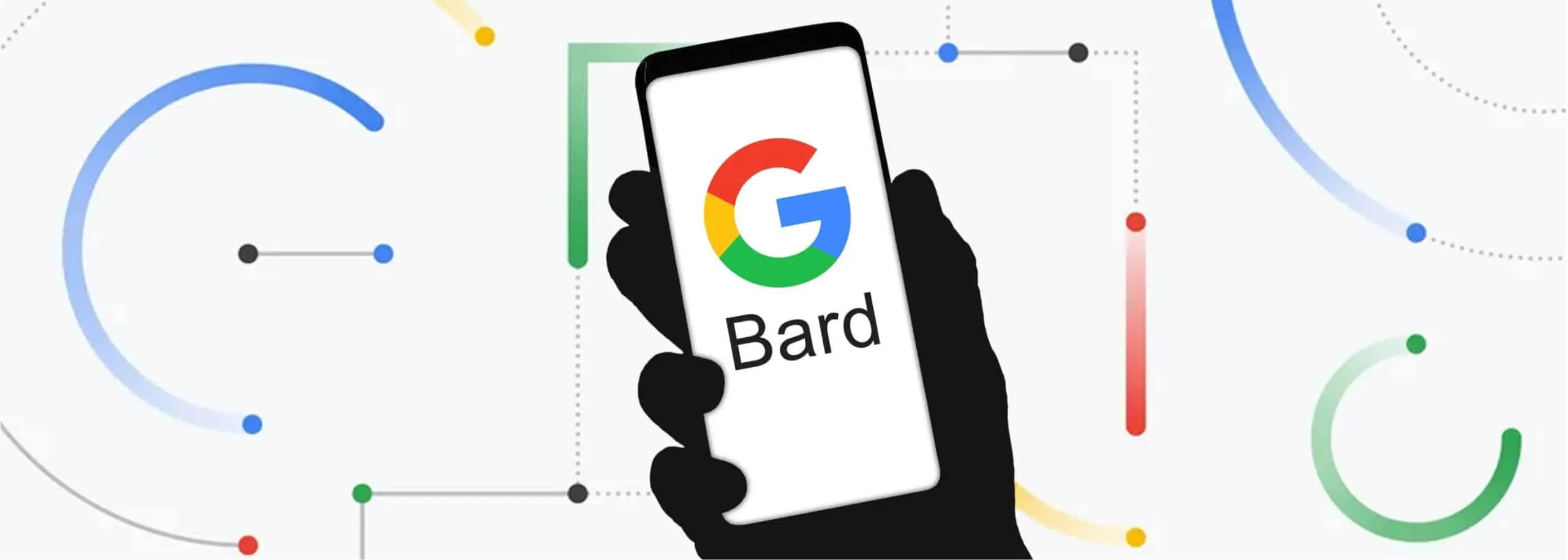
OpenAI released ChatGPT at the end of 2022, and since then the world has not been as we knew it. Some big players immediately started to invest in this product. When we say this, we mean Microsoft first. But it was clear that other big names in the industry weren't going to sit still. Google has since accelerated work on its own AI-powered chatbot. In February, it announced Bard AI. More recently, Google has added generative AI capabilities to almost all of its services. But you should know that it remains exclusive to a select few. Yesterday, some Pixel users received invitations to test Google Bard. Today, the company has confirmed this. Some users in the US and UK can already join the shortlist.
Who Can Test Google's AI-enabled Chatbot
Users in the US and UK will be able to access Google's Bard AI from today. The company said it would "expand to more countries and languages over time." Google believes it is important to get feedback from a wider pool of testers.
Just like ChatGPT or Microsoft's Bing, users can talk to Bard like a friend using natural language. For example, users can ask Bard AI to give them tips on achieving their goal of reading more books this year, explaining quantum physics in simple terms, or inspiring their creativity with an overview blog post.
Bard AI Differs From Bing AI
At this stage, Google sees this LLM (Large Language Model) as a complementary experience to Google Search. As for the interface, users will find four buttons below each answer: Like, Dislike, Refresh, and a "Google it" button. It's similar to Bing AI. However, it doesn't have these features and instead uses the space below the answer as a citation area.
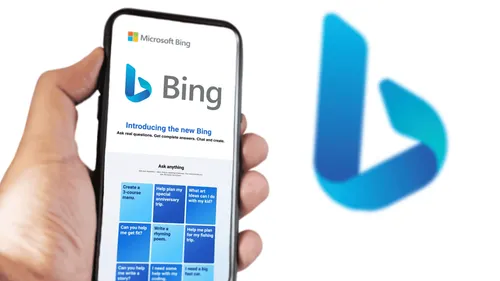
It should also be noted that Bing AI runs on GPT-4, the latest iteration of OpenAI. Bard AI, on the other hand, is based on a "lightweight and optimized version" of Google's LaMDA. Google says that the latter "will be updated with stronger, more powerful models over time."
There are also some differences in the input bar at the bottom of the screen. Bard has a microphone icon, indicating possible speech-to-text support, while Bing does not. Microsoft also has a broom icon to the left of the text input field to start a new topic, whereas Google does not.
It's Imperfect
Like its competitors, Google says large language models such as LaMDA are imperfect and can make mistakes. This is logical, however, because such products learn from a wide range of information that reflects real-world biases and stereotypes. So it can't always be objective.
To show how Bard AI can go wrong, Google shared an example. "When asked to make some suggestions for simple indoor plants, Bard presented ideas convincingly... but it got a few things wrong, like the scientific name for the ZZ plant."
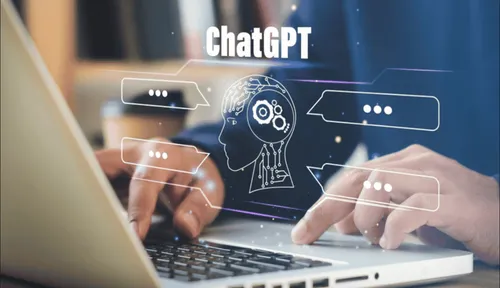
Of course, Google knows that while AI-powered chatbots are all the rage, they are imperfect. But for Google, quality, and safety are key considerations. "We've also built in guardrails, such as limiting the number of exchanges in a dialogue, to try to keep interactions helpful and on topic." At the moment, we have no information on what the limit on the number of conversations will be.
Despite all the potential limitations and potential for bugs, Google still believes that Bard is worth the effort. It seems that Google will continue to improve Bard's AI and add new features. The latter is particularly interesting in terms of programming, more languages, and a multimodal experience.
Popular News
Latest News
Loading
